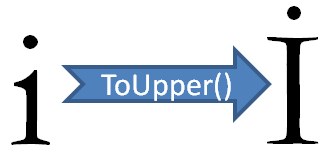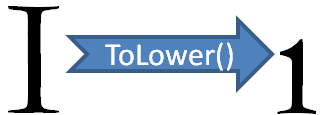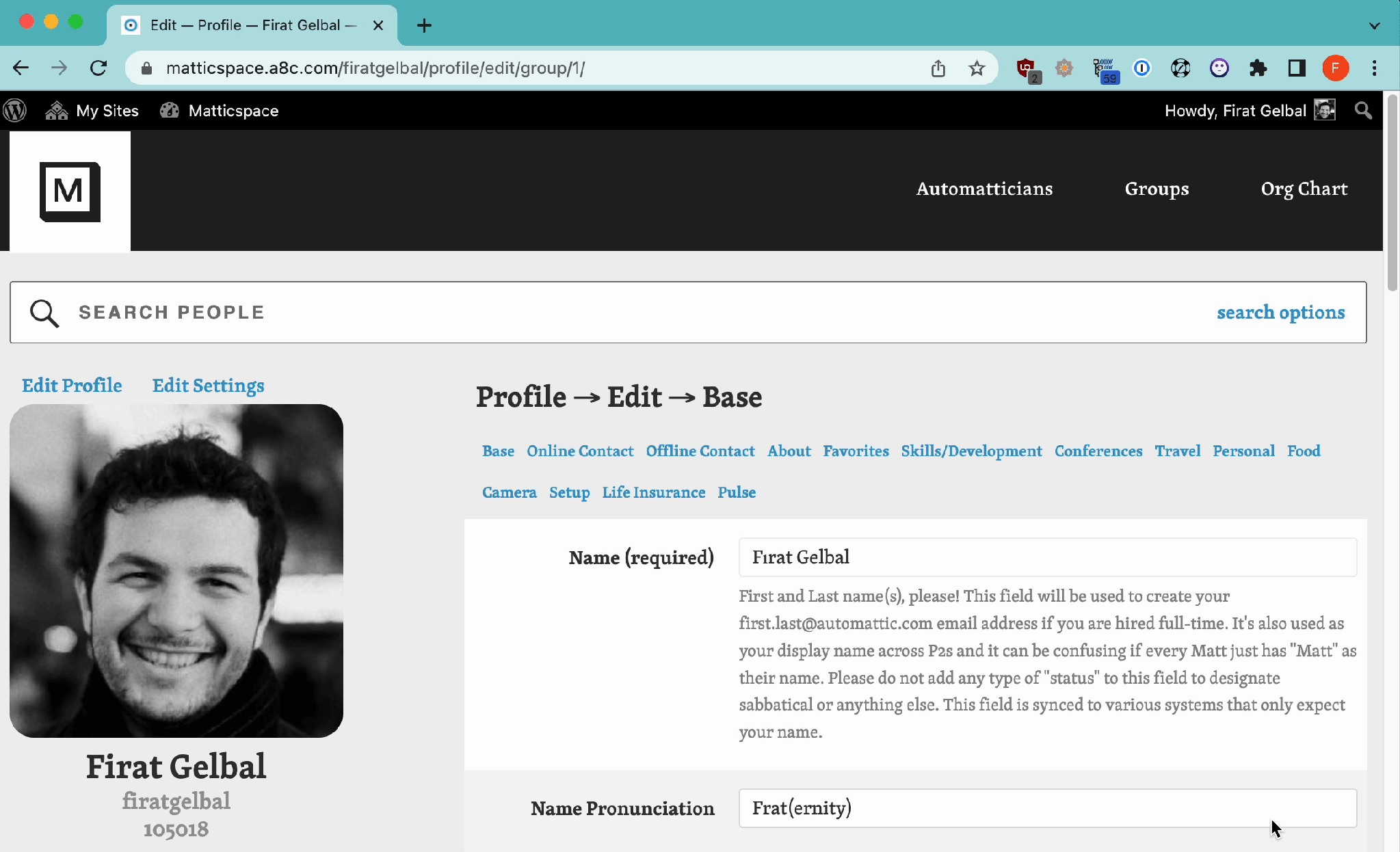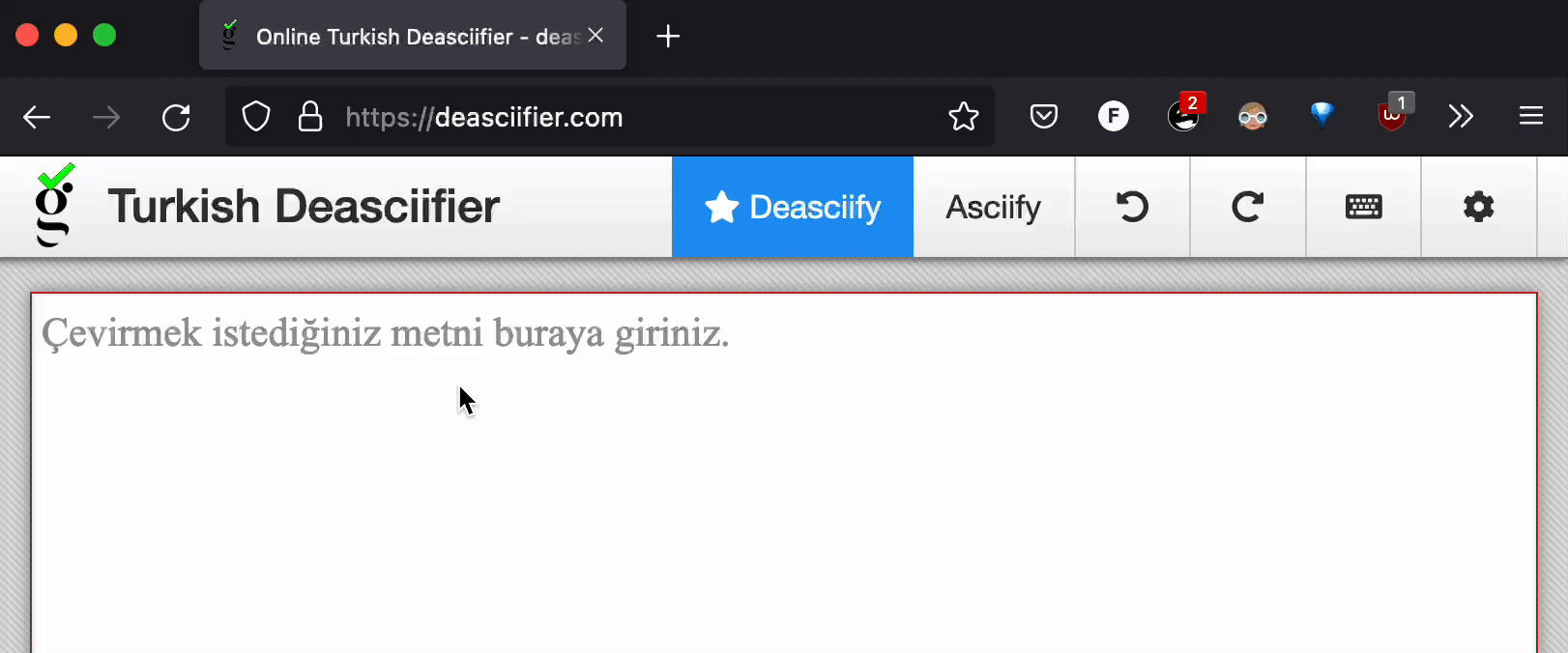A careful reader might notice that I tend to write my name as Fırat but in some places you see it as Firat. My teammates Raúl and Alex showed interest in that funny looking letter within my name and encouraged me to write this post.
I am originally from Turkey which covers part of the Mesopotamia region. Etymologically Mesopotamia means “(land) between (two) rivers”. One of the rivers here is, in English, referred to as Euphrates — which we refer to as Fırat in Turkish. When he first saw it in his early 20s, my father was impressed by the river so much that he decided to name me after the river. It’s actually a relatively common name in Turkish, with variations in neighboring cultures. As you can see from English vs Turkish spelling, the name adapts to the alphabet and pronunciation of a language. Now that we have some historical context, let’s get to what makes my name special: dotless ı I
Turkic languages feature this letter. The modern Turkish alphabet is based on Latin-script letters and we actually have other vowels in dotted and dotless versions as well.
ıIandiİoOandöÖuUandüÜ
The capitalization rule in the Turkish alphabet is pretty straightforward: Everyone keeps their dots.


Each letter in the Turkish alphabet has a distinct sound. To my ears the dotless ı in my name has a clear sound. But when I explain the pronunciation to my English speaking friends, I have to ask them to drop the ‘i’ sound (think fraternity). Apparently this way is easier for English speakers to visualize and pronounce the sound. The International Phonetic Alphabet defines this sound as close back unrounded vowel. To give another example, we spell the famous city as İstanbul (not Istanbul). The dot makes a significant difference.
I hope I made it clear that I like my name and how it’s spelled as it is with the dotless i. I’m impressed by the Turkish language revolution that happened in the past century. Around 100 years ago Turkish language adopted the Latin alphabet. That’s when these letters are introduced that are not common in other languages using the Latin alphabet. I recently read this excellent (and surprisingly entertaining) book about it: The Turkish Language Reform: A Catastrophic Success. As the name suggests, it was a painful process. But the reforms got rid of many redundant legacies and introduced sensible grammar via systems thinking and careful engineering.
At this point, you might ask why do I write my name as Firat sometimes?
When I use the dotted i, the pronunciation changes—I know this isn’t ideal. For lack of a better alternative, I resort to using the dotted i. Or sometimes I just spell it as Frat. Let me explain.
It’s funny that there is this concept of “the Turkey test” in software engineering. Making sure that the application / code runs fine for Turkish users is a good test that one applies the best practices. The Turkey test includes various checks for dates, % sign, and number formatting. Then of course the test includes the encoding of ı.
Originally I published this post on an Automattic internal blog 3 years ago. When I wrote it, one of the internal sites was failing the test. After this post went live, the issue was fixed. Yay!

When a service / website fails the encoding, I get all kinds of weird characters displayed as my name. Question mark is the most innocent one but it still looks weird. So I usually settle for the dotted i. In some forms I type my name in capital letters — especially for border controls and official docs. This way the name is correctly spelled from both Turkish and English perspectives 😅
Unfortunately there are many services that don’t display the Turkish letters correctly. So it’s common for Turkish speakers to fall back on using only English alphabet letters while typing Turkish. I type the fastest using English alphabet letters. But I’m still obsessed with using Turkish alphabet while typing Turkish.
So I use this website to help me convert the letters based on grammar rules and a static decision list. The tool was developed by my professor, Deniz Yüret, and a friend from my university in İstanbul. Here’s an illustration of this service in action:

As I end my post here, I would like to make it clear that it’s alright if you type my name with a dot; it’s alright if you pronounce it slightly different than my parents do. I’m sure I do not always pronounce / spell the names of my mates across the globe as originally expected. So I made my peace with i vs ı. That said, I do appreciate when mates make an effort to pronounce it as I’m used to from my childhood.
One of my lifetime goals is to get my name in the international autocomplete dictionaries. So the machines help all of us auto type Fırat 😄